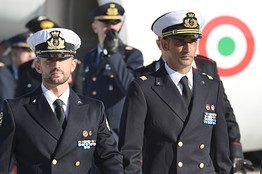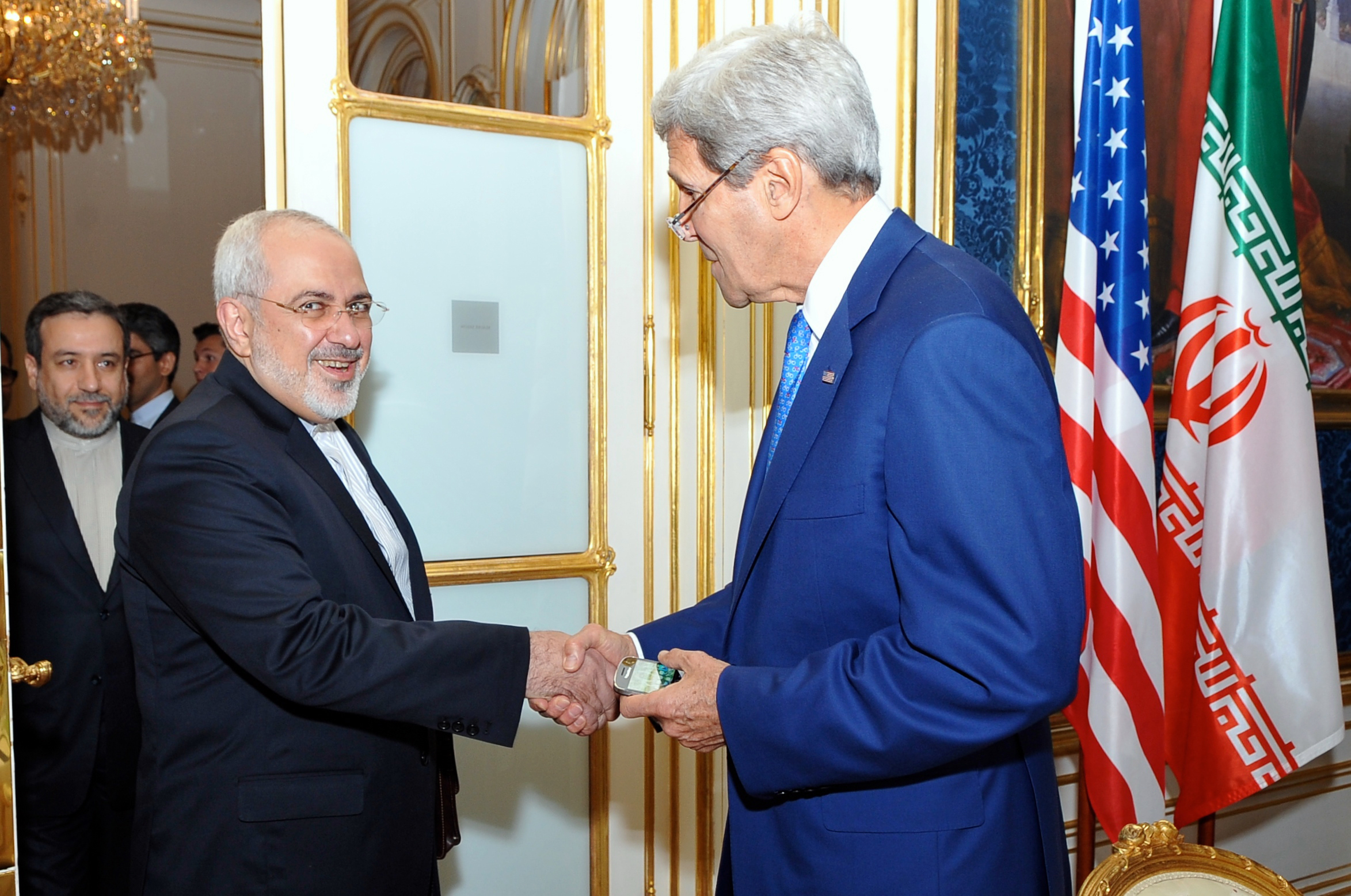Over a year ago, on February 15, 2012, two Italian marines on board the oil tanker Enrica Lexie, shot and killed two Indian fishermen off the coast of the Arabian Sea near the Indian state of Kerala. A series of events that followed in the past year has now led to the Indian government’s refusal to allow Italian Ambassador to India, Daniele Mancini, from leaving India. The marines were immediately detained in India, but because of complicated issues surrounding jurisdiction and the criminal charges, the Indian government allowed the two marines to return to Italy twice for Christmas and to vote in national elections. They returned to India after Christmas but now the Italian government refuses to return them after the national election. This unsettling issue was brought up in the news this past week after India refused to allow the Italian ambassador out of the country.
1982 United Nations Convention on the Law of the Sea (UNCLOS)
A central component to UNCLOS is the delineation between national/sovereign and international waters. A series of boundaries were set including internal waters (waterways and bodies between the baseline and the coastal land), territorial waters (from the baseline out to 22 km), contiguous zone (from the 22 km from the territorial waters out to another 22 km), and the exclusive economic zone (EEZ) (from the territorial waters out to 370 km). For each of these zones, the coastal state has various degrees of exclusivity in rights to enforce national laws and usage of natural resources. The problem of this delineation between national/sovereign and international waters is that they fluctuate between geological discovery to plain national ambition. The central problem in the case between Italy and India is who has the jurisdiction to try the two Italian Marines in court which all comes down to “where” this crime took place; at the hands of the Italian Marines on the Italian vessel or on the Indian fishing boats where the Indian fishermen were shot? The Italian government has appealed to UNCLOS which says that any incident on ship that happens in the “high seas” means that the jurisdiction will be for the country that owns the ship. Again, it seems to only pour salt on the wound by calling this an “incident of navigation.”
Another incident surrounding the applicability of UNCLOS is the Hainan Island Incident of 2001. Although this happened in air between a Chinese J-8 and an American EP-3, UNCLOS was cited by the People’s Republic of China as it claimed that the US aircraft was flying within the Chinese EEZ collecting intelligence information. Whereas the United States did not sign UNCLOS, it still considers it to be “customary international law.” The EEZ clause in UNCLOS allows for “innocent passage” for all vessels and aircrafts within the EEZ region and defines “peaceful usage” to barring states from using any kind of action that threaten the territorial integrity of the state of the EEZ. Either way, the United States would have to explain itself to China why it was flying above Chinese waters. The incident destroyed the Chinese J-8 and Lieutenant Commander Wang Wei died in action.
1961 Vienna Convention on Diplomatic Relations
The Italian government returned the Italian Marines back to India after Christmas because it was confident that India would agree that the jurisdiction to try the Marines would be Italy’s responsibility. The Supreme Court of India decided instead that a special court in New Delhi would have jurisdiction so the Marines stayed in Italy after their second visit for voting purposes. In response, last week, the Indian government has ordered that the Italian ambassador Daniele Mancini not leave the country without permission, while the Italian government argues that India’s move breaches the 1961 Vienna Convention. In Article 27 Section 5, it states that diplomats “shall not be liable to any form of arrest or detention.” Former Indian Foreign Secretary Kanwal Sibal noted that Ambassador Mancini is partially responsible as he signed an affidavit guaranteeing that the Italian Marines will return to India. Again, if this is true, how internationally legally binding this act is, is up for debate.
Good old identity politics to garnish this mess
Sonia Gandhi, former First Lady and now Chairwoman of the National Advisory Council of India, has been criticized over this issue because of her Italian heritage and when the two Marines returned to Rome, President Mario Monti gave them a “heroes’ welcome.” Already accused of being soft on the suspects, should the Italian ambassador leave India, the Indian government and the bereaved families will have little to appeal to. This diplomatic row will also affect the progress of the EU-India Free Trade Agreement. Ultimately, one country’s justice could be another’s immunity.




